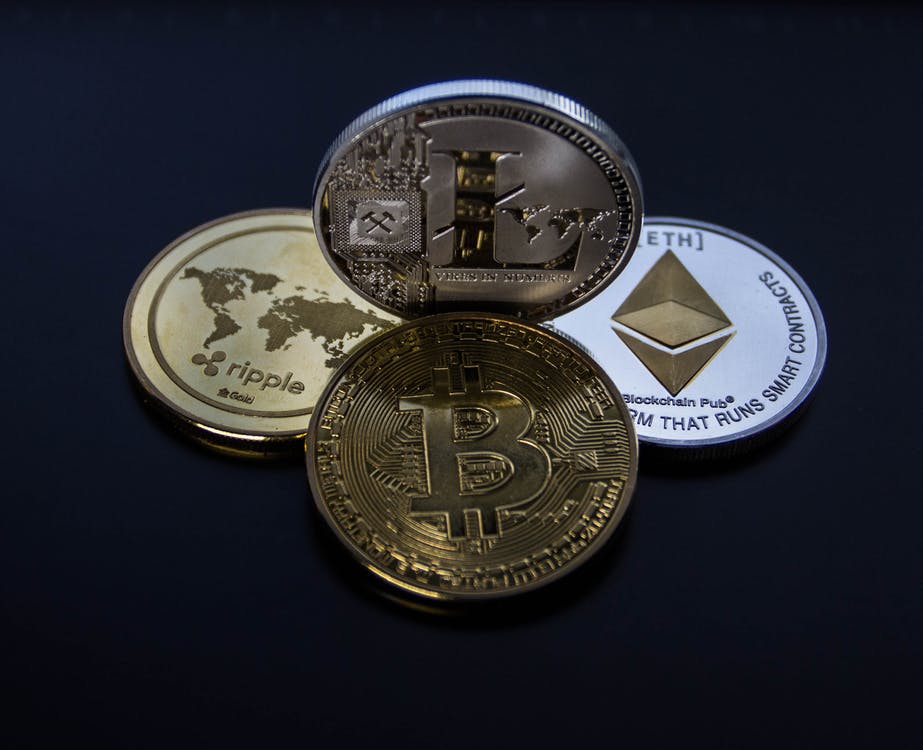South African Cryptocurrency Regulation: Is It on The Way?

As you may already know, Bitcoin and other cryptocurrencies are becoming hugely popular in South Africa. The country easily ranks in the top five for Bitcoin Google searches worldwide. However, that’s nothing compared to the millions of USD worth of crypto trading in and out of SA regularly.
However, South Africa is also approaching crypto in a very different way to most of the continent. While cryptocurrency is still something of an unknown entity to much of the world, SA is thinking long and hard. Could we be looking at complete regulation for cryptocurrency in SA by this time next year?
Reasons for Regulation
Bitcoin and other cryptos, by their very intention, are free from regulation. Trading in cryptocurrencies means that you can avoid lengthy or costly bureaucracy. It also means that traders and investors can take part in foreign exchange markets with little restriction.
However, this has reportedly led to some concern over how BTC is actually being used. In most cases, it is entirely legitimate. People across South Africa are getting into Bitcoin casino games, for example, and are even buying everyday goods this way!
That said, financial authority concerns extend to rising scams and unscrupulous activity. While BTC, by its very nature, is secure to an incredible extent, it is still open to criminal activity. That, ultimately, is what authorities and regulators – naturally – are keen to avoid at all costs.
The Cajee Brothers Example
Calls for crypto regulation (or at least clearer rules) in South Africa have grown stronger since the Africrypt mystery. The Africrypt case saw more than $3.6 billion (USD) in crypto disappear from the exchange. Its COO, Amer Cajee, claimed a hack – however, both he and his brother have disappeared. At the time of writing, authorities are still on the hunt for the Cajees as a matter of priority.
Ponzi scheme allegations arose following this news – and it’s not the first crypto scam to have emerged recently. Mirror Trading International, too, gave crypto a bad name in 2020 following its collapse out of central Johannesburg.
High profile cases such as these, unfortunately, have led to some fear over BTC and crypto. While investing in cryptocurrency and using Bitcoin is inherently safe as-is, many are calling for greater education.
Closer Monitoring, But How Close?
The Africrypt and Mirror Trading International cases give authorities plenty of regulatory ammo. Banks are keen to step up and start monitoring trading closely. However, the current position overall seems to be reasonably relaxed. That is, in favour of continuing to allow SA traders from buying and selling with ease.
There are fears regarding overexposing banks to crypto – with stability risks being high on the worry sheet. This is certainly not bad news for average SA traders, who want to continue buying and selling without bureaucracy.
However, there are clear, reasoned arguments for regulating or at least monitoring BTC. Alleged scams such as those discussed above hurt everyday people very harshly. That said, there is perhaps a need for greater individual education.
Too much restriction on banks can lead to rising interest in alternative money sources, too. There are cases across the continent elsewhere, such as in Zimbabwe, where banks are forbidden from processing crypto. Of course, Zimbabwe’s financial experience is much different to SA’s. However, the principle remains the same – how do you balance safety with freedom?
What is for sure is the fact that SA will continue to be a hotbed for crypto investment. However, regulators are keen to act fast, meaning the way we trade in and out of the country may change by 2022.
Photo by Worldspectrum from Pexels
